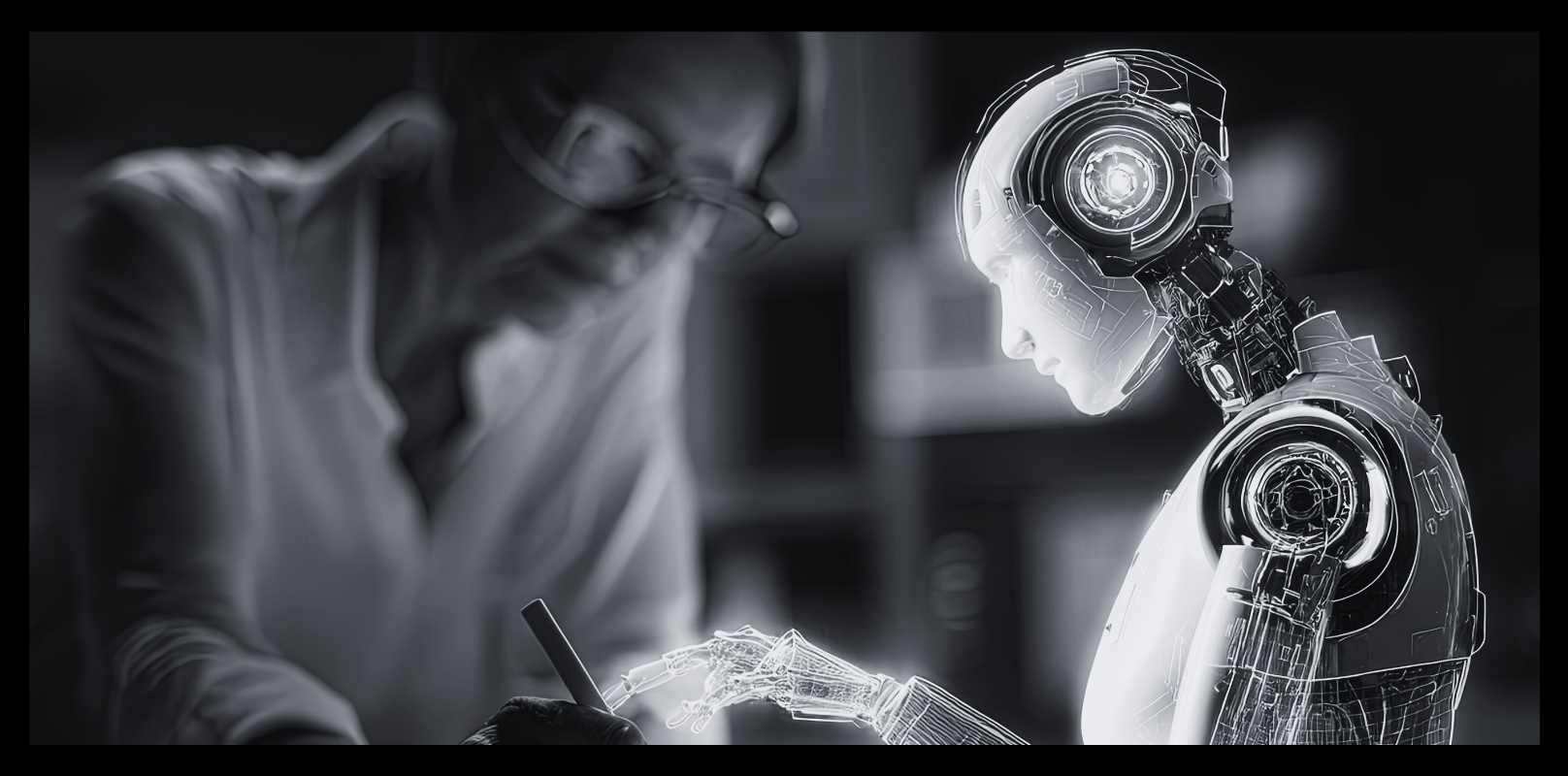AI in Recruitment: Can AI Actually Hire a D365 Professional?

Artificial intelligence has transformed many areas of recruitment, particularly in sourcing and screening. But when it comes to hiring a Dynamics 365 professional, the question becomes far more nuanced.
Can AI truly handle the end-to-end recruitment of a D365 specialist?
The short answer: AI can significantly accelerate parts of the process, but it cannot replace a specialist recruiter. Here is why.
What AI Can Do Well in D365 Hiring
1. CV Parsing and Keyword Identification
AI excels at scanning large volumes of CVs for key information, including:
- Modules (F&O, CE, Business Central, HR)
- Technical stacks (X++, PowerApps, Azure)
- Industry exposure
- Certification paths
This speeds up early-stage sourcing and ensures no obvious profiles are missed.
2. Automating Initial Screening
AI tools can run first-stage checks such as:
- Basic skills questionnaires
- Right-to-work confirmation
- Salary and location alignment
- Availability and notice period
This reduces early admin workload.
3. Predictive Candidate Matching
By analysing historical data, AI can provide candidate scores and fit predictions. This is useful for prioritising outreach and maintaining a structured pipeline.
Where AI Falls Short in D365 Recruitment
Dynamics 365 recruitment is inherently complex. Many crucial elements rely on human judgement that AI cannot replicate.
1. Understanding Project Complexity
Every D365 project is different. To assess suitability, recruiters need to understand:
- Level of customisation
- Integration landscape
- Implementation methodology
- Vertical-specific requirements
- Phase of project (Discovery, Design, Build, Deployment, Support)
AI cannot reliably interpret these nuances from a CV alone.
2. Evaluating the Soft Skills That Matter
Successful D365 professionals are often:
- Change facilitators
- Stakeholder communicators
- Business translators
- User advocates
These traits rarely appear clearly in job titles or bullet points, and AI cannot assess interpersonal ability, communication style, conflict handling, or leadership potential.
3. Interpreting Job Titles and Experience Levels
D365 job titles are inconsistent across the industry. A “Senior Consultant” in one organisation may function as a mid-level consultant in another. AI frequently misclassifies candidates because terminology varies so widely.
4. Selling the Role and Building Relationships
The best D365 professionals are often passive candidates. They expect:
- Honest insights
- Clear scope explanation
- Growth mapping
- Cultural understanding
- Intelligent negotiation
AI does not build trust or long-term relationships, and it cannot persuade top talent to make a move.
AI Enhances, but Does Not Replace, Specialist Recruitment
The strongest recruitment processes combine both human expertise and AI capabilities.
AI Supports With:
- Data processing
- Early-stage screening
- Candidate rediscovery
- Scheduling
- Market mapping
Recruiters Are Essential For:
- Project analysis and context
- Assessing depth of experience
- Cultural alignment
- Candidate motivation
- Selling the opportunity
- Long-term relationship management
D365 hiring is not simply about matching keywords. It is about matching people to highly specific project needs, environments, and delivery pressures.
Why D365 Requires a Specialist Recruiter
Shape IT Recruitment provides value where AI cannot:
- Understanding of partner vs. end user expectations
- Awareness of real skill depth behind titles
- Insight into industry-specific requirements
- Evaluation of functional vs. technical balance
- Long-standing relationships within the D365 market
D365 recruitment is built on insight, judgement, and experience — not automation alone.
Final Answer: Can AI Hire a D365 Professional?
AI can support the process.
AI can streamline the process.
AI can improve the efficiency of the process.
But hiring the right D365 professional still requires human expertise. For this ecosystem, AI is an assistant, not a replacement.
